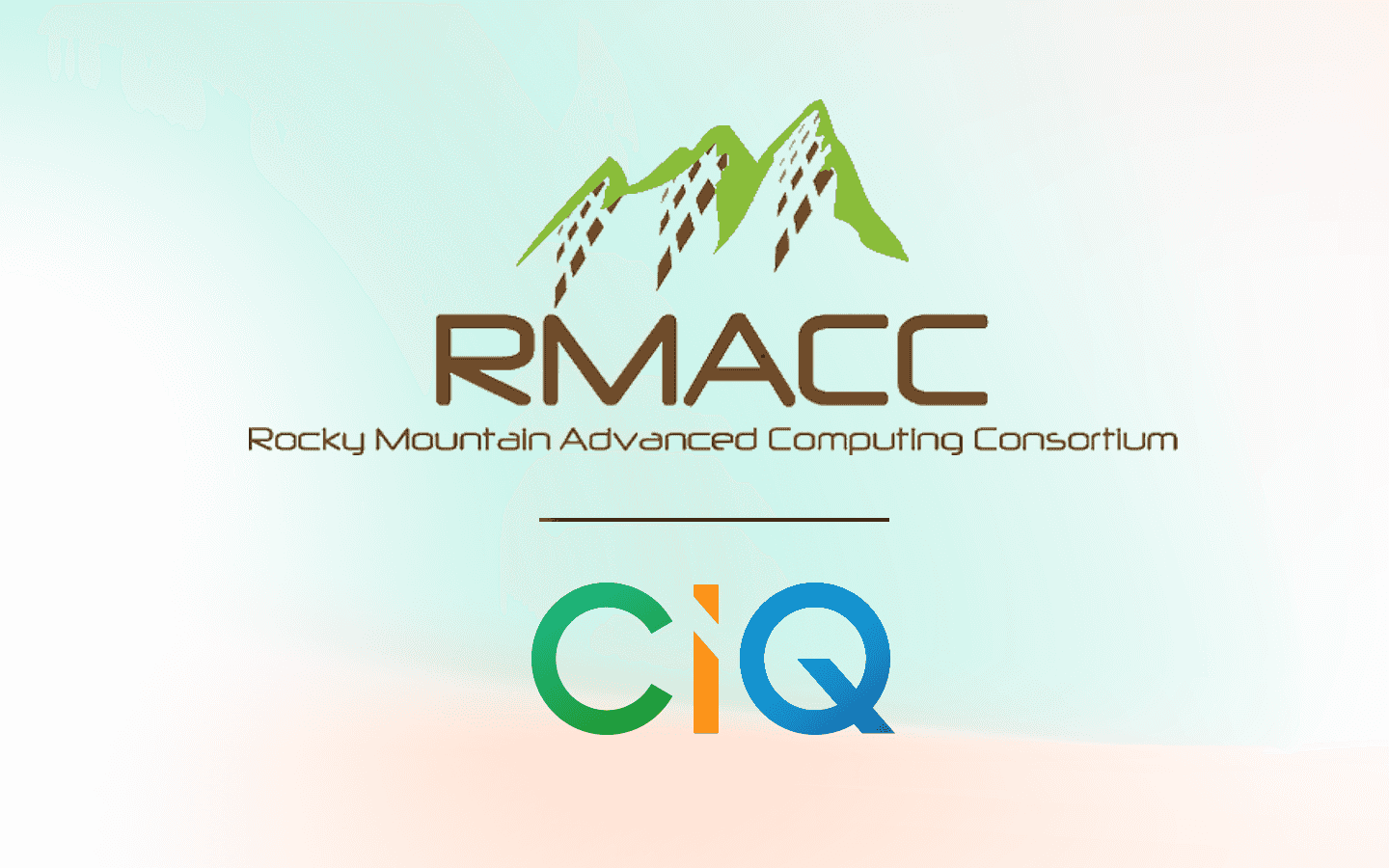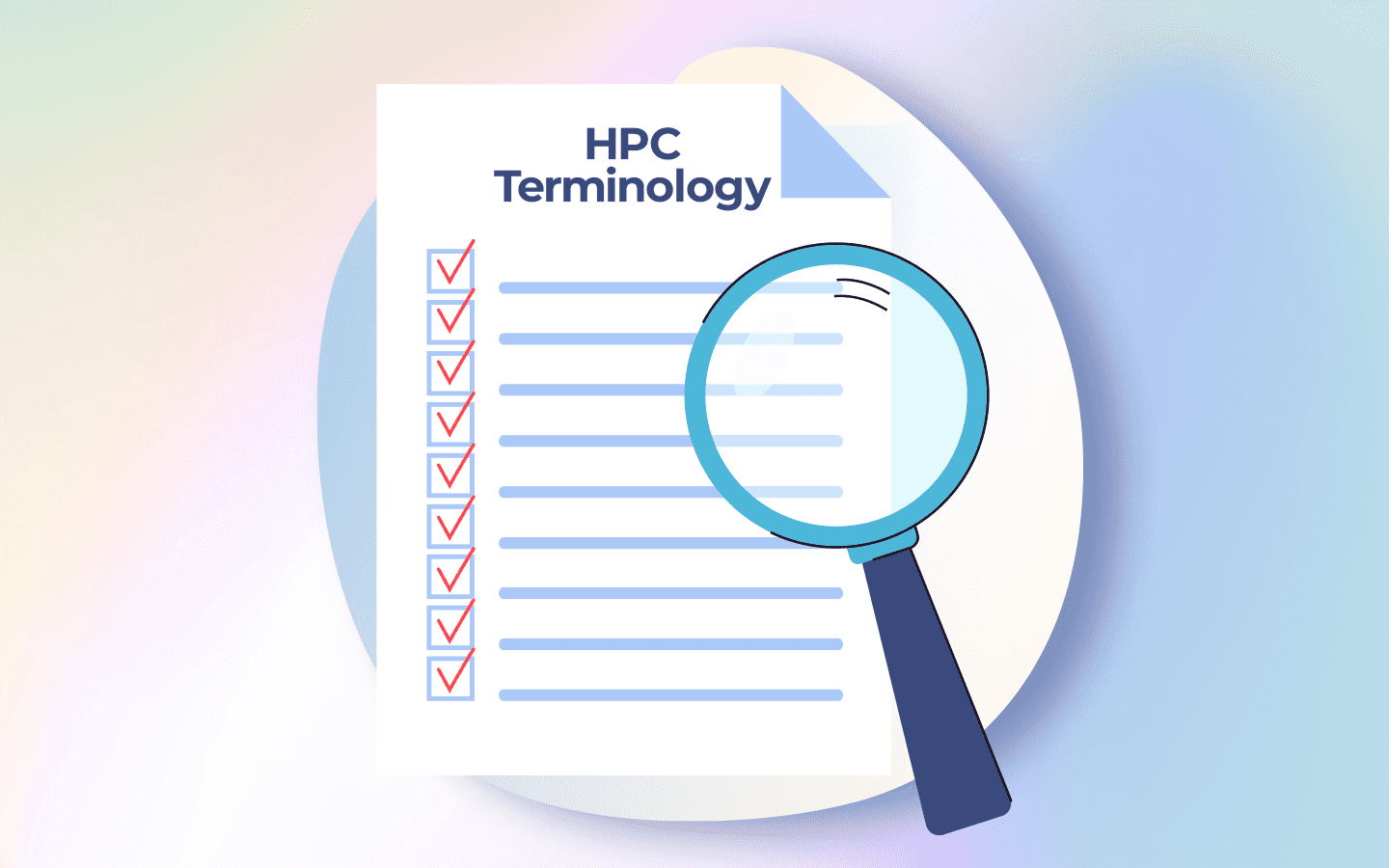CIQ 2024 Predictions: The HPC Evolution Boosted by AI and Open Source

Editor’s note: This blog post was originally published on the VMblog.com web site.
For decades, High Performance Computing (HPC) has been the enabler of myriad advancements, primarily catering to the needs of academic and research-based computing. However, there's a paradigm shift on the horizon as HPC is poised to extend its reach beyond traditional domains and make its mark in the enterprise sector. HPC has been on a transformative journey that now converges with enterprise computing, and open source plays a pivotal role in shaping this evolution.
The Convergence of Research and Enterprise Computing
HPC has long been associated with research, modeling, and simulation, pushing the boundaries of computational capabilities. The emerging trend of enterprise driven Performance Intensive Computing (PIC) signals a new era, where the realms of academic and enterprise computing cross-pollinate to create a versatile solution applicable to a broader audience. This shift brings with it an array of use cases not previously considered, marking a departure from the conventional HPC applications.
AI in HPC: A Trend to Watch
One of the most significant trends to watch as 2024 unfolds in the HPC landscape is the integration of Artificial Intelligence (AI). The convergence of AI and HPC is not confined to on-premises solutions; it is expected to experience an surge in the cloud and follow data gravity. This synergy holds the promise of unlocking unprecedented computational power, further accelerating innovation and problem-solving capabilities.
The Open Source Revolution in HPC
Open source models are playing a pivotal role in the evolution of HPC. Companies running HPC are increasingly recognizing the value of collaboration with the wider community combined with open source solutions to enhance the quality and capabilities of their offerings.
A shining example of this collaborative approach is OpenELA, where industry leaders like CIQ, Oracle, and SUSE have joined forces to contribute to preserving access to the source packages for Enterprise Linux. This initiative reflects a shift in mindset, with organizations embracing collaboration, not just competition. By pooling resources and expertise, these companies aim to build a comprehensive resource that meets the diverse needs of users, emphasizing the collective strength of the open source community. Of course, proprietary software will still play a critical role in the evolution of general purpose IT as well as HPC stacks, and the relationship between the two licensing paradigms will be something everyone will want to watch closely.
Open Source Companies Driving Value and Scalability
Open source-based companies are not just keeping pace with industry demands; they are finding innovative ways to create value for customers and drive revenue. While support and services remain crucial, organizations are increasingly seeking solutions with greater value and scalability, and are willing to partner with a vendor for these benefits rather than attempting to self-manage with open source.
Companies that focus their strategy on the success of individuals and teams create a foundation upon which commercially available tools and Software as a Service (SaaS) products can be seamlessly integrated to drive success for every customer. This holistic approach reflects a recognition that success in the modern HPC landscape requires more than just cutting-edge technology; it requires a people-centric strategy.
Navigating Transitions in 2024
One of the imminent challenges on the horizon is the end-of-life for CentOS, slated for June 2024. This transition raises questions about how companies will navigate the change and whether alternatives will seek to capitalize on organizations' potential delays in transitioning.
Companies relying on CentOS face a period of adaptation and decision-making: the shift from CentOS to alternatives or enterprise Linux distributions may pose challenges, especially for organizations deeply ingrained in CentOS ecosystems. However, this challenge also presents an opportunity for alternative solutions to step in and offer seamless migration paths, support, and enhanced features to attract organizations seeking stability in their computing environments.
As HPC embarks on a new era of convergence with enterprise computing, the role of open source becomes increasingly pivotal. The collaborative efforts of industry leaders in initiatives like OpenELA demonstrate the transformative power of community-driven development. The integration of AI further propels HPC into uncharted territories, promising groundbreaking solutions to complex problems. As the industry prepares for the CentOS end-of-life, companies must embrace flexibility and innovation to navigate transitions successfully. The future of HPC is marked by collaboration, innovation, and a commitment to open source principles that drive the next wave of computational advancements.
Supercharge your research and modeling workloads with CIQ's HPC solutions by contacting us today!

